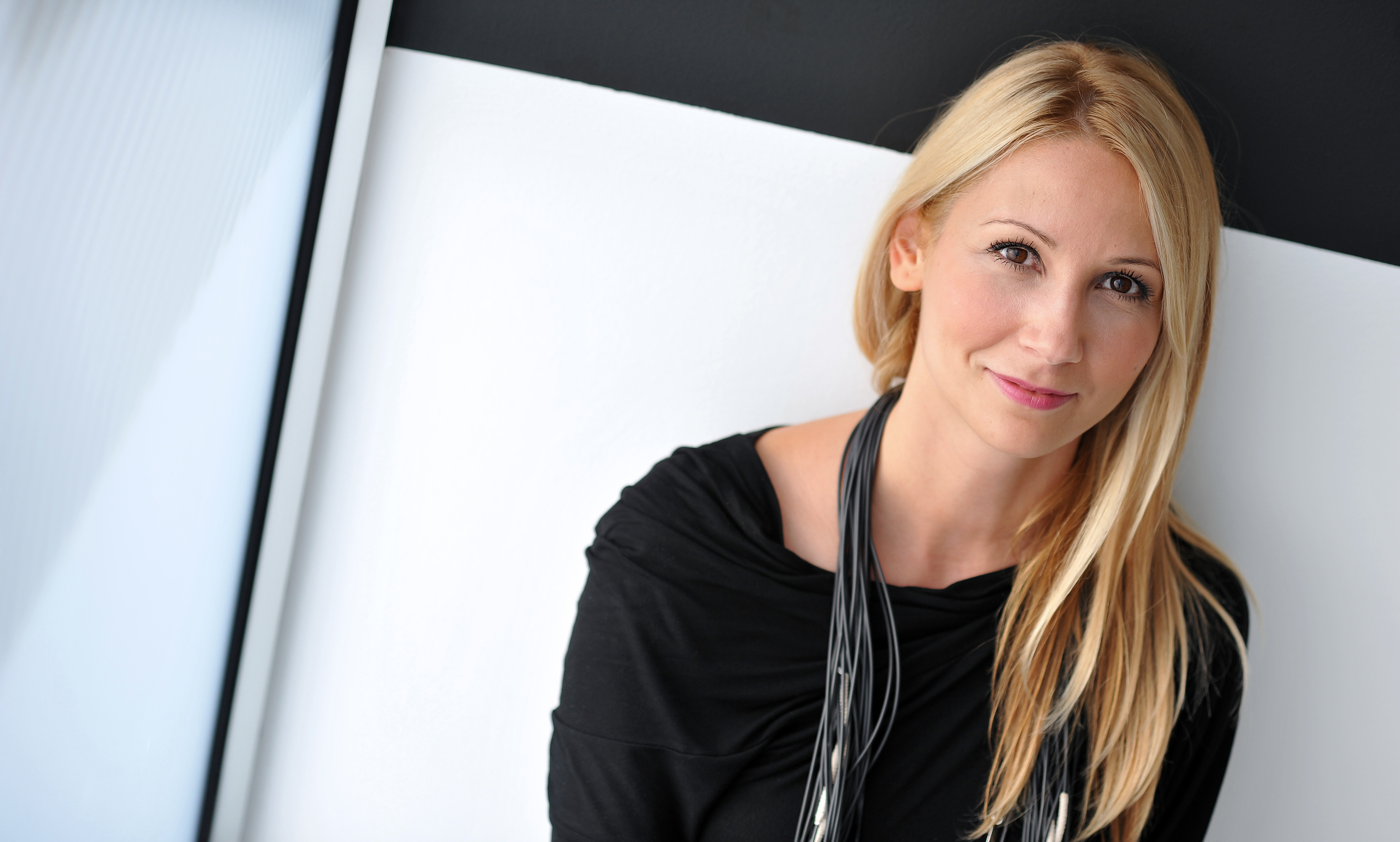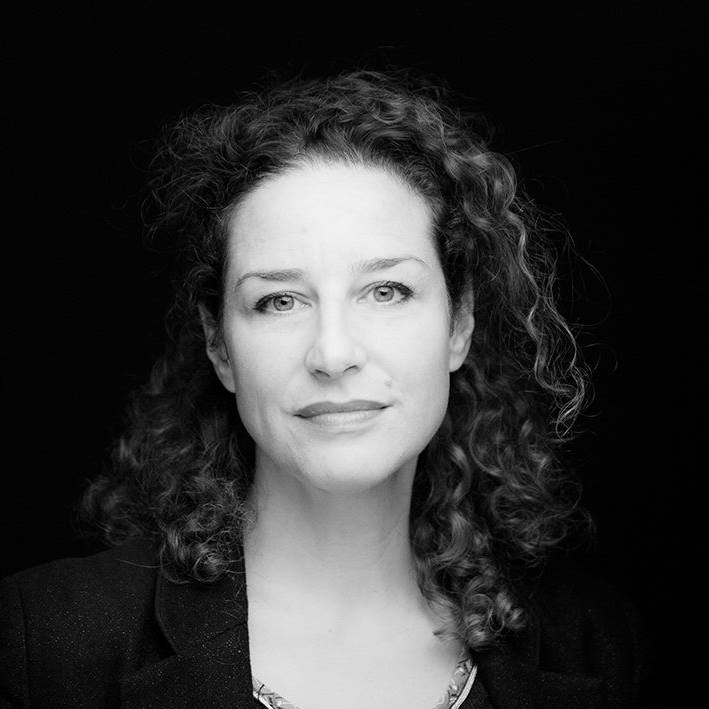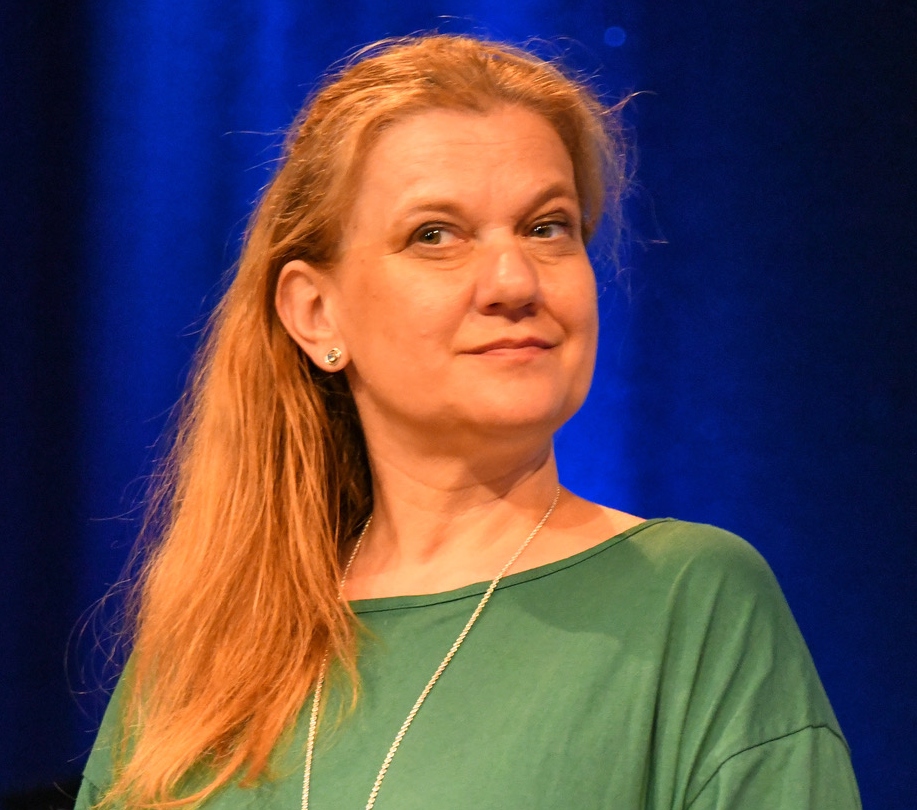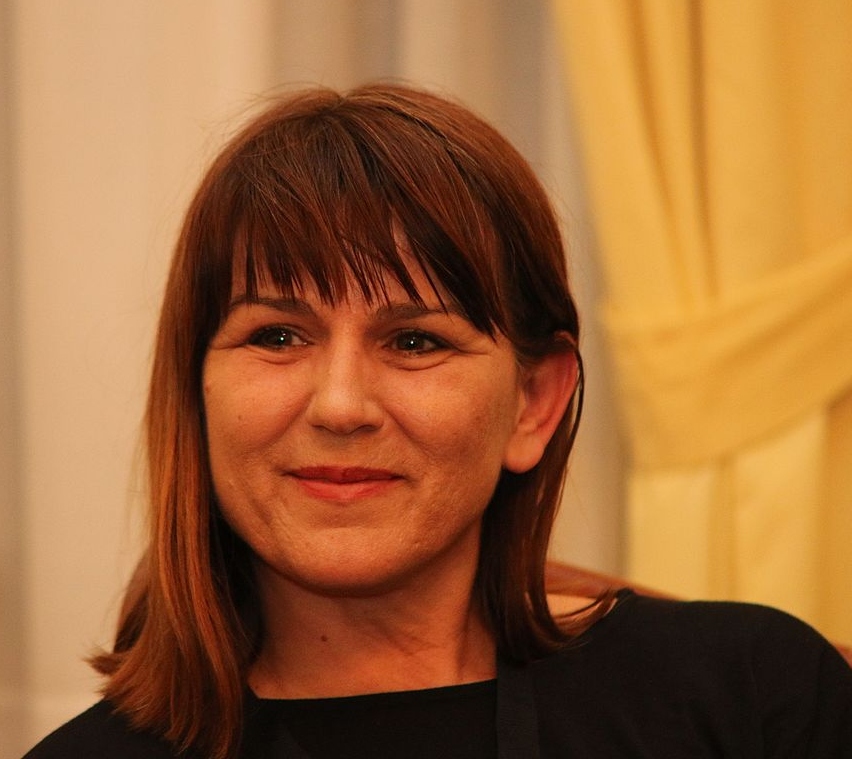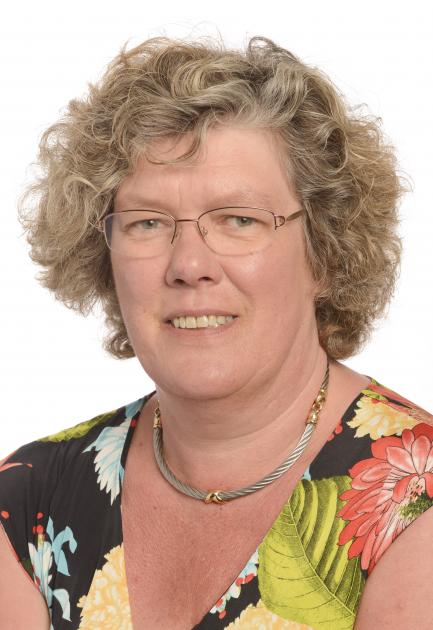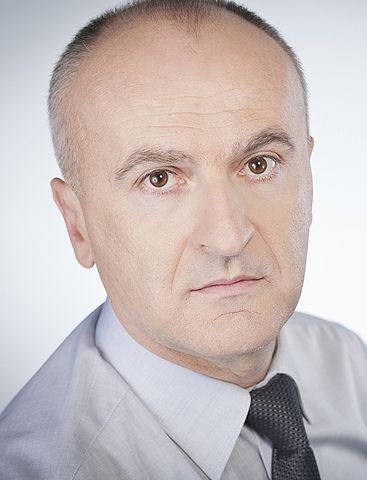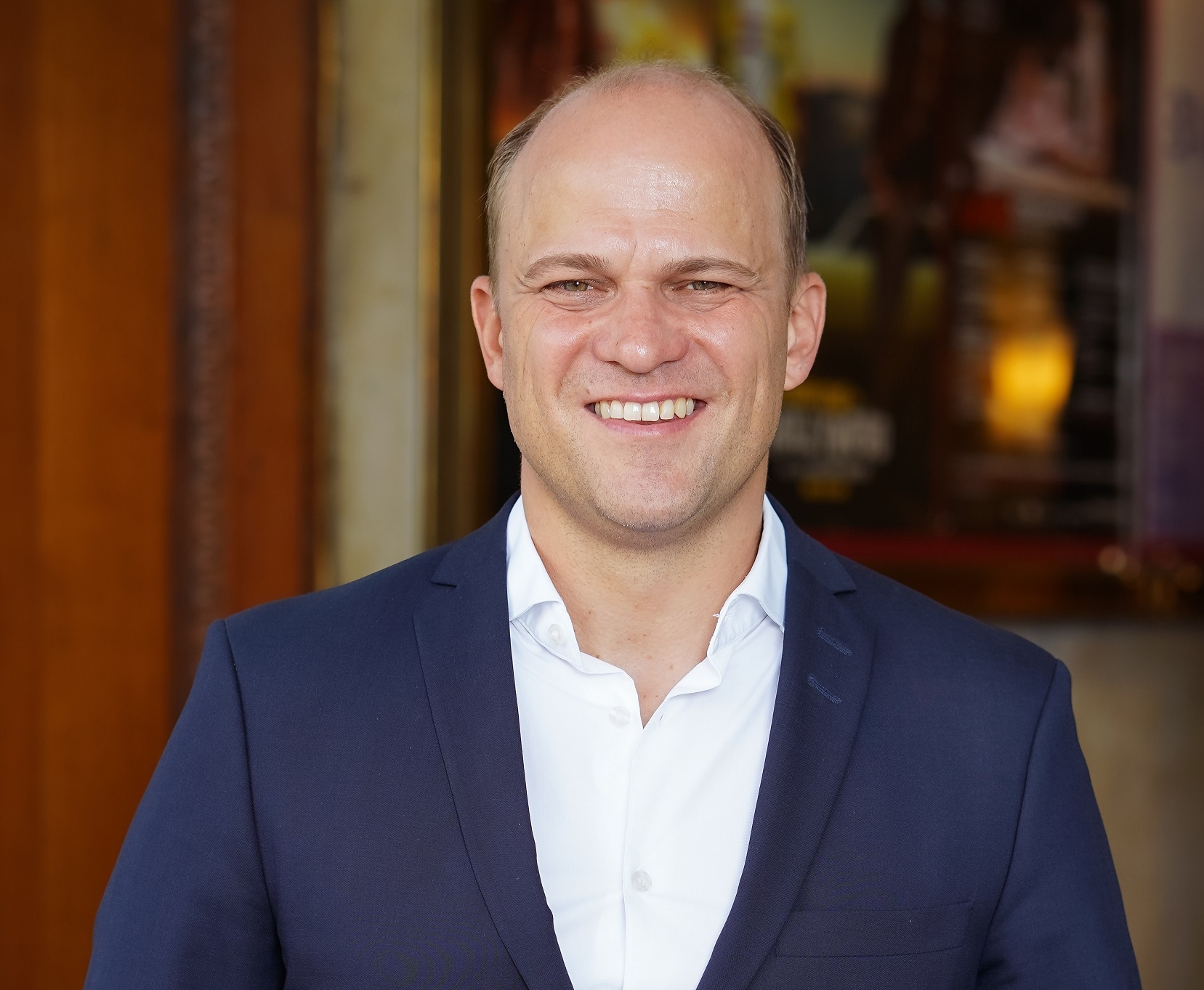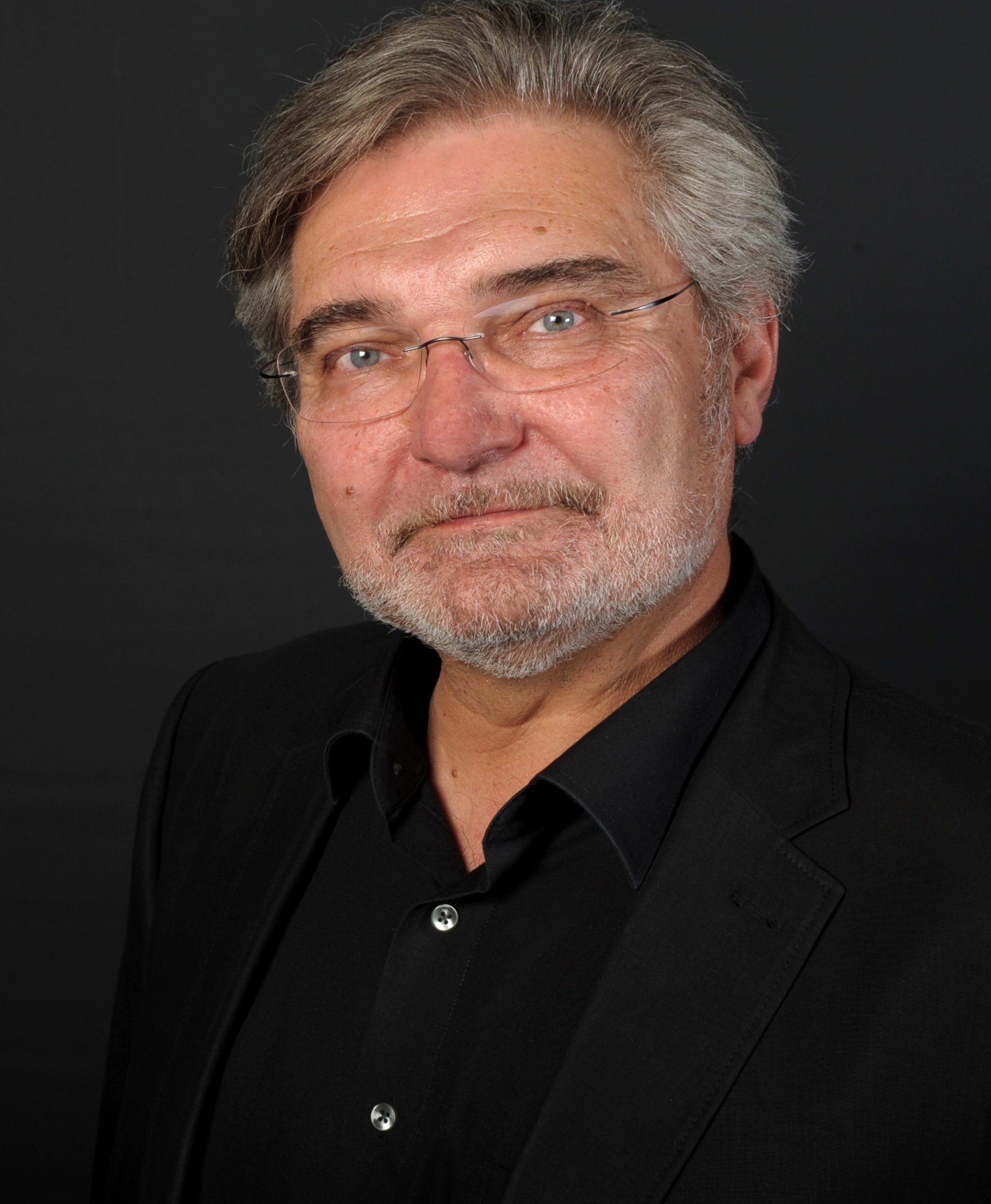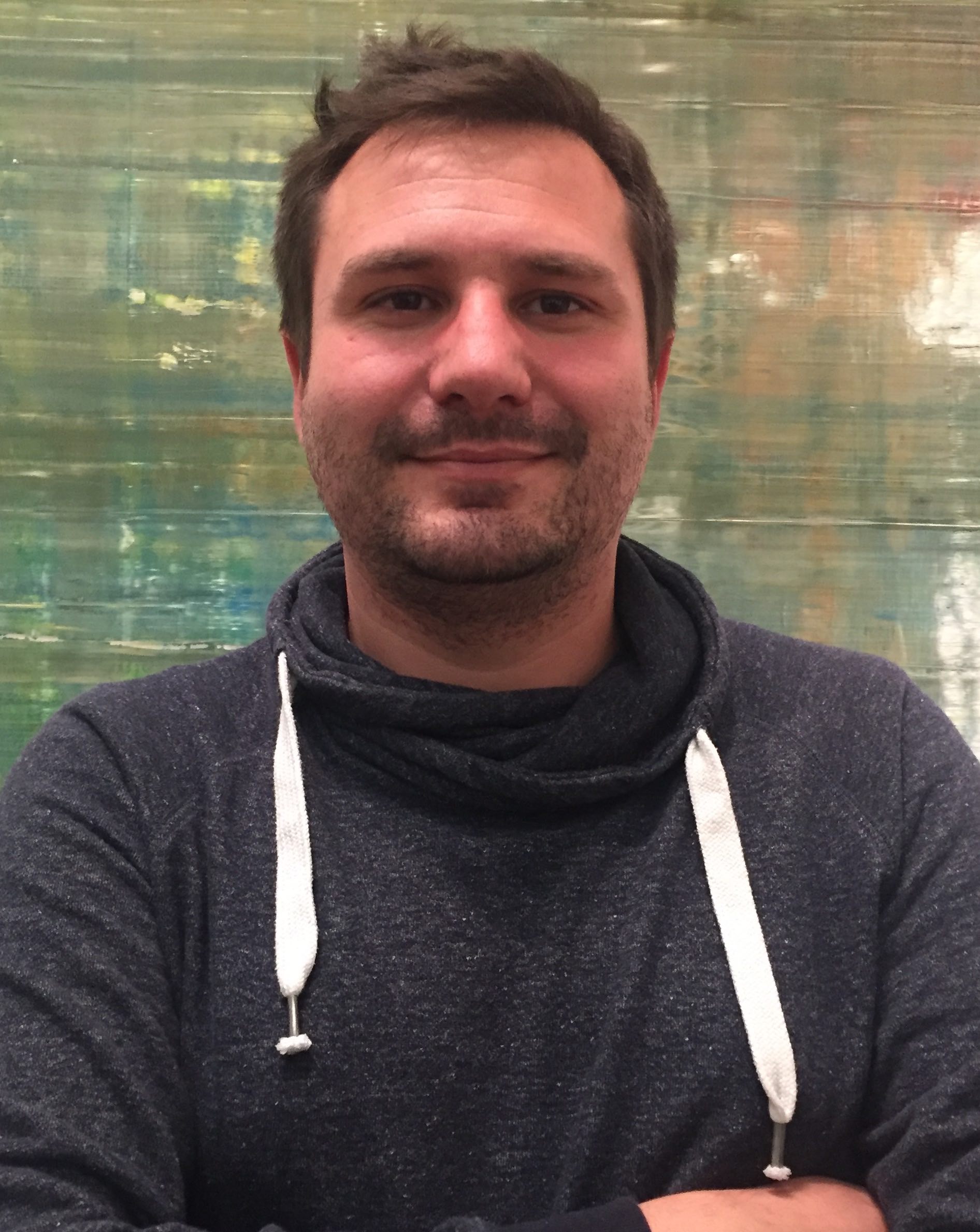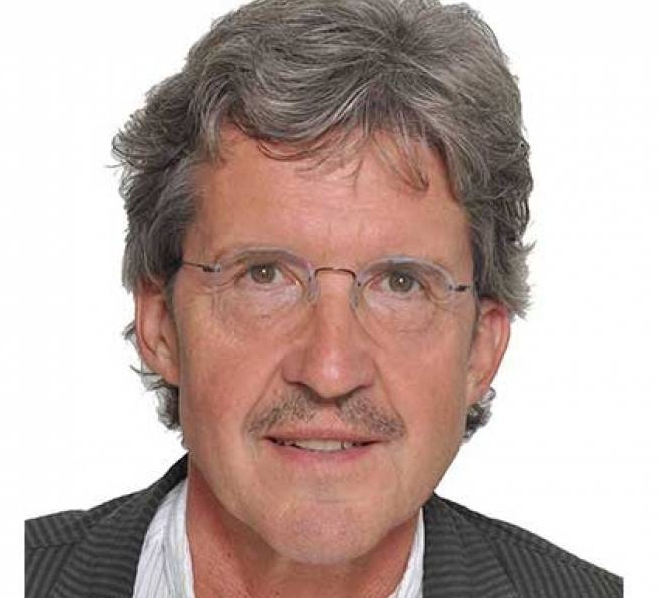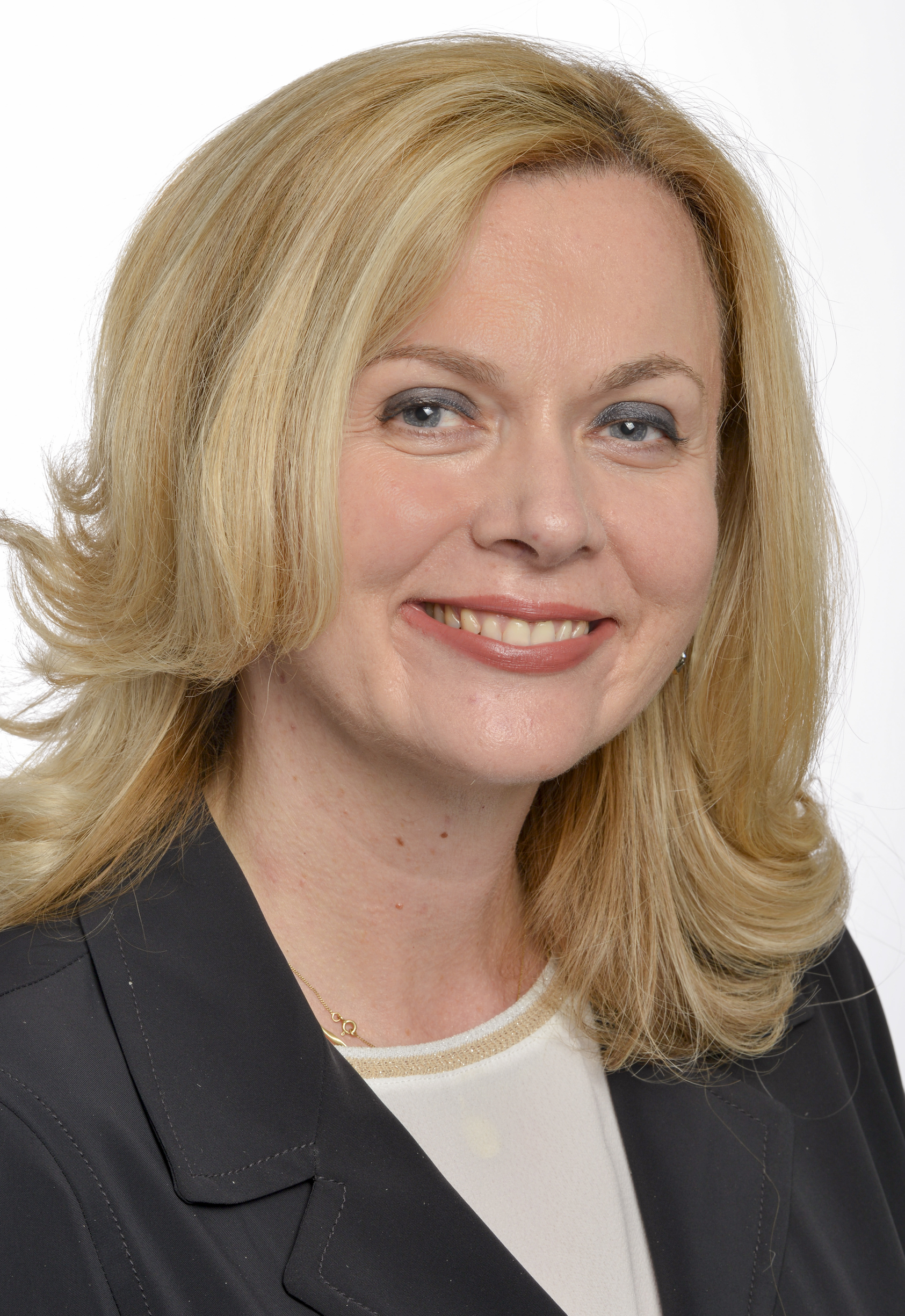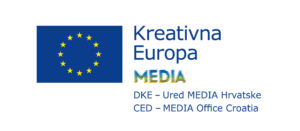Panel: How can institutions and good case studies help European cinema during COVID-19 crisis?
13/11 | FRIDAY | 13:00
online
open to public
In cooperation with the European Parliament Office in Croatia, CED – MEDIA Office Croatia and Zagreb Film Festival
Continuing collaboration between the LUX Prize and ZFF
The European audiovisual sector has experienced serious short and long-term effects due to the COVID-19 crisis. Just when we thought we would manage to emerge from it, it seems that the COVID-19 strikes back!
The immediate effects of the crisis have been diverse and have affected almost all the main branches of the audiovisual sector, ranging from the interruption of ongoing production projects to the shutdown of cinemas. Still, there are success stories we need to promote during these challenging times.
For our panel-discussions today, it is important to highlight that on 19 March 2020, the European Commission adopted a Temporary Framework to enable member states to use the full flexibility foreseen under State aid rules to support the economy in the context of the COVID-19 crisis and immediately after, on 17 April 2020, the European Parliament adopted a Resolution on EU coordinated action to combat the COVID-19 pandemic and its consequences.
In addition to governmental/parliamentary support, national film and audiovisual funds throughout Europe have been mobilised to take measures to mitigate the negative consequences of the COVID-19 pandemic for the various branches of the film and audiovisual sector. They have reorganised their operations and internal procedures so that they can continue to operate and grant aid, adapting existing schemes to introduce more flexibility or creating specific schemes to deal with the difficulties facing the sector. Some of the measures taken by film agencies concerned the film and audiovisual sector as a whole, whereas others targeted specific sub-sectors, namely production, distribution and exhibition, as well as events and festivals. A wide and varied range of measures were taken, from creating new emergency funds to relaxing the conditions of access to support, increasing financial support, setting up ancillary services, etc.
Thus, it is essential to discuss possibilities that national and EU institutions can do to protect producers and cinemas in this difficult period. In order to detect good examples across Europe, we have invited the film producers, cinema producers, organisations but also, we have on board the representatives of the European Parliament, the Croatian Ministry of Culture and Media, the Croatian Audiovisual Centre and the Europa Cinemas whose political support is now needed more than ever!
Join us in two fruitful panel – discussions and let us see how we can help and be each other’s positive examples when fighting the COVID-19 crisis!
Martina Petrović, CED – MEDIA Office Croatia
Inja Korać, Zagreb Film Festival
moderator
Martina Petrović
She has gained most of her working experience at the Department for International Cultural Cooperation of the Ministry of Culture in Croatia. Since 2008, she has been actively involved in establishing the Croatian Audiovisual Centre, where she was appointed the Head of MEDIA Desk Croatia. For her success and positive results, she received the first Albert Kapović Award. As the Head of Creative Europe Desk – MEDIA Office, she has been actively involved in organizing innovative and creative workshops – important tools for education and networking – between European film professionals.
Panel: To produce or not during the COVID-19 pandemic?
Krešimir Partl
Has a degree in political sciences. He is Secretary of State at the Croatian Ministry of Culture and Media for the fields of culture and art development, investments in culture, cultural heritage protection, international cultural cooperation and European affairs, European Union programs, media and audiovisual activities. He is the head of working groups for drafting legal regulations and strategic documents in the field of culture. He chairs the committee for monitoring the strategic project Vučedol Archaeological Park and is in charge of implementation and management of European Union funds, projects and programmes.
Julie-Jeanne Régnault
Secretary General of EFAD, the association of national film and audiovisual agencies representing 35 public bodies accross Europe. Previously, she led the European Affairs Department at the French National Center of Cinematography and the Moving Image (CNC), participating in the negotiations of the revised Audiovisual Media Services Directive (AVMSD), the copyright reform and the implementation of the MEDIA programme. Julie-Jeanne graduated in International Relations and holds master’s degrees in EU law and EU public policies. She is an EAVE graduate.
Ada Solomon
Deputy Chairwoman of the EFA Board, Executive President of EWA Network, ACE Board member, EAVE National Coordinator, founder of Cultural Society NexT and founding member of the Romanian Alliance of Producers. She received the European Co-production Award – Prix Eurimages in 2013. As a producer and co-producer, Ada won awards at major festivals, including Sundance, Berlin, Cannes, Locarno, and Karlovy Vary. Her list of achievements as producer include the Silver Leopard for Scarred Hearts, Golden Bear for Child’s Pose, Silver Bear for Best Director for Aferim! by Radu Jude, and many more.
Ankica Jurić Tilić
Graduated in comparative literature from the Faculty of Humanities and Social Sciences in Zagreb. She is a graduate of EAVE, member of ACE, Producers on the Move, and EFA. Her filmography includes more than 20 feature-length films, several TV series, and a number of shorts. Her films received more than a hundred international awards and two of them were top cinema hits of the year in Croatia. Ankica’s latest film titles are The Reaper by Zvonimir Jurić (Toronto IFF 2014), The High Sun by Dalibor Matanić (Cannes FF 2015 – Jury Prize) and Quit Staring at My Plate by Hana Jušić (Venice Days 2016).
Petra Kammerevert
Holds a degree in Social Sciences from the University of Duisburg-Essen (UDE). In 1984, she joined the Social Democratic Party of Germany (SPD). From 2002 to 2009, she worked as a consultant for the ARD public service broadcasting company. She has been serving as MEP since 2009 and is part of the Progressive Alliance of Socialists and Democrats group in the EP. She is a member of the Committee on Culture and Education (CULT). Alongside Sabine Verheyen, Kammerevert was selected in 2016 as a co-rapporteur on the Audiovisual Media Services Directive, which seeks to introduce levies and cultural quotas on services like Netflix.
Predrag Fred Matić
Finished elementary and high school in Vukovar, and gained a BA of grade teaching at the Faculty of Teacher Education in Osijek. From 2011 to 2016, he was the minister of Croatian Veterans’ Affairs. He was and is an SDP member of the Croatian Parliament’s 8th and 9th session. He was elected to the European Parliament in 2019. He’s a member of the Parliament Committee on Fisheries (PECH), Culture and Education (CULT), and substitute member of the Committee for Women’s Rights and Gender Equality (FEMM).
PANEL 2: How to protect cinemas during the pandemic COVID-19?
Christian Bräuer
President of the CICAE and CEO of Yorck Kinogruppe, which operates 14 arthouse cinemas in Berlin. Eager to improve the film industry, he is also a board member of FFA – Filmförderungsanstalt, the German Federal Film Board, and Chairman of the Managing Board of German arthouse cinema association, AG Kino Gilde, as well as Europa Cinemas Secretary General. CICAE, the International Confederation of Arthouse Cinemas, is a non-profit organisation aiming to promote cultural diversity in cinemas and festivals. It counts more than 2000 members and 4000 screens across 46 countries.
Nico Simon
Born in 1952 in Luxembourg, Nico Simon was first a language teacher after studying human sciences. In Luxembourg, he was involved in the creation of the first “artplex” in the region. As part of the Ministry of Culture program, he collaborated on establishing a network of regional cinemas across the country. In 1991, he made cinema exhibition his profession. he was the managing director of the international group Utopia from 1994 to 2015. He is also a member of the Board of Directors of the Luxembourg City Film Festival. Since 2013, he has been President of the Europa Cinemas Association.
Alen Munitić
Artistic Director of Kino Mediteran and Mediterranean Film Festival Split (FMFS). He started FMFS in 2008, after 10 years of experience at different Croatian festivals, such as Zagreb Film Festival, Motovun Film Festival, ZagrebDox and Animafest Zagreb. In 2012, he started Kino Mediteran, the project of cinema revival on Croatian islands and in coastal towns where cinemas have been closed for a long time. Kino Mediteran is also a regional distributor with a focus on European independent films. In 2018, Alen was appointed President of the Croatian Network of Independent Cinemas Kino Mreža.
Christopher P. Marcich
Chris spent 16 years working for the government of the United States. There, he worked as a negotiator on international trade issues and helped shape the U. S. trade policy. He was the Assistant U. S. Trade Representative for Europe, responsible for trade relations within the region. From 1995 till 2016, he served as president and international business coordinator for the Motion Picture Association (MPA). Since 2013, he has been President of the Executive Board of AGICOA, the association of audiovisual producers and their collective rights management groups. In 2019, he was appointed as the CEO of the Croatian Audiovisual Centre (HAVC).
Željana Zovko
Croatian EU parliamentarian in her second term (2019-2024). A member of the Foreign Affairs Committee and the delegation for the relations with Bosnia and Herzegovina and Kosovo, and a substitute member for the Culture and Education Committee, Sub-Committee for Security and Defence, delegation for the relations with United States, and the delegation in the EuroLat – Euro-Latin American Parliamentary Assembly. She works to promote European thinking as a model of peace and agreement. In the Parliament, she takes a humanitarian position and raises awareness about human rights, gender equality, and democracy as a foundation of a just system for every citizen of Europe and the world.

